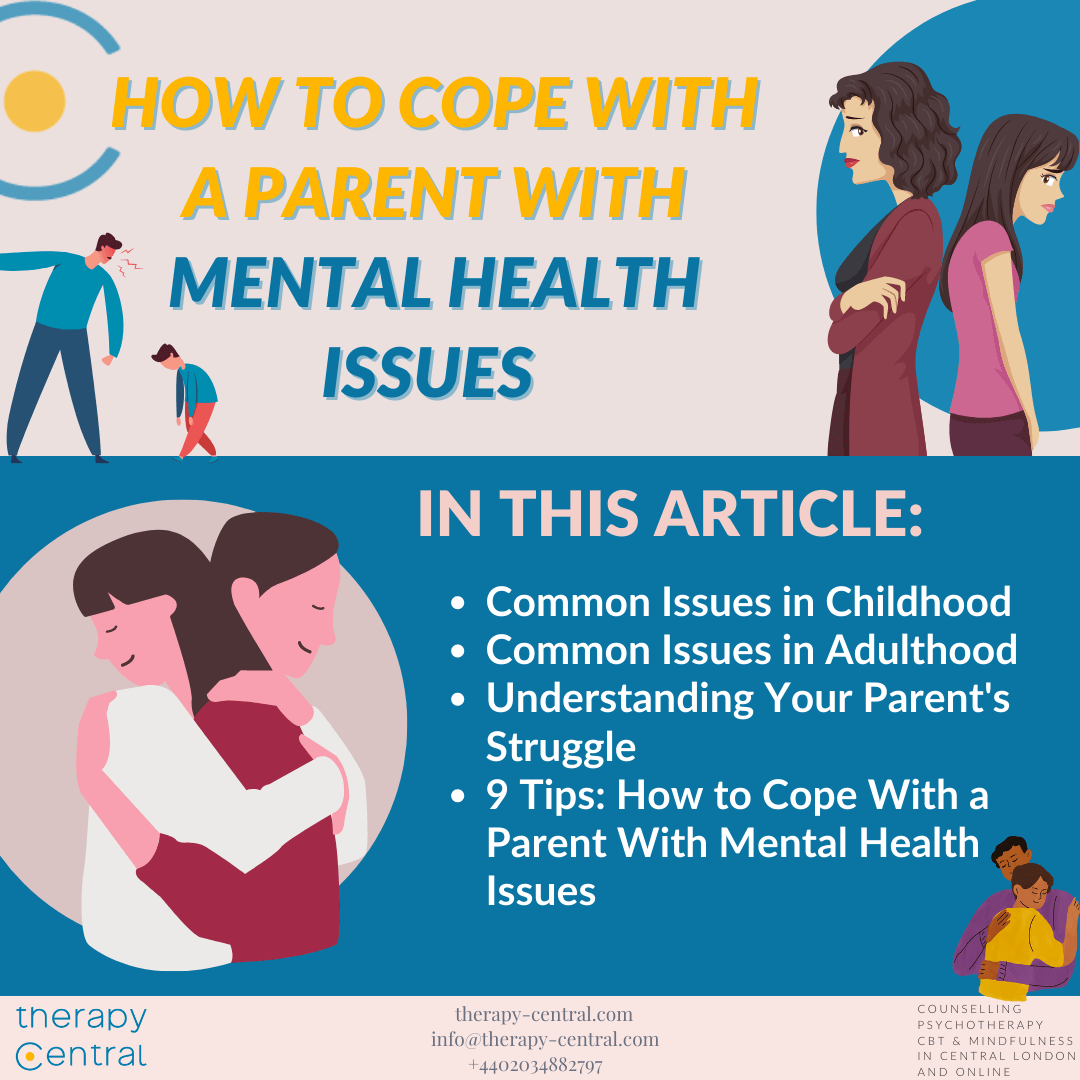You know, dealing with a strained relationship with family, that’s a tough one. It’s not like a leaky faucet you can just call a plumber for. This stuff hits different, deep down.

For me, things got really rocky a few years back. It wasn’t one big blow-up, more like a slow burn that finally caught fire. We just weren’t seeing eye-to-eye on, well, pretty much anything important. My choices, their expectations – it was like we were speaking different languages. Lots of misunderstandings, and honestly, a fair bit of stubbornness on all sides, mine included.
At first, I tried to just power through it. You know, pretend everything was fine. Went to family dinners, smiled, nodded. But inside, I was just tying myself in knots. It was exhausting. Then I tried talking. Oh boy, did I try. But those conversations? They usually went south fast. More like arguments, really. Everyone just got more defensive, more dug in. I felt like I was hitting my head against a brick wall.
So, what did I actually try to do about it?
Well, after a particularly bad argument, I just kind of… stopped. I realized that what I was doing wasn’t working. It was just making everyone, especially me, miserable. So, my first real step, my “practice” if you want to call it that, was to create some space. Not in an angry “I’m cutting you off” way, but more like, “I need to breathe and figure this out.”
During that time, I did a lot of thinking. And I mean, a lot. I tried to look at things from their perspective, even if I didn’t agree with it. That was hard. Really hard. I also had to get honest with myself about my part in the whole mess. It’s never just one person’s fault, right?
Here’s a breakdown of what I focused on:

- Setting boundaries: This was huge. Learning to say “I’m not going to talk about that right now” or “I understand you feel that way, but I see it differently.” It wasn’t about being confrontational, but about protecting my own peace of mind.
- Managing my reactions: I couldn’t control what they said or did, but I could work on how I responded. Fewer knee-jerk reactions, more taking a breath before speaking. Or choosing not to engage at all if I felt things were escalating.
- Focusing on what I could control: My own happiness, my own life choices. I realized I couldn’t wait for their approval to live my life.
- Small, careful steps to reconnect: After a while, when things had cooled down a bit, I started to reach out in small ways. Short phone calls, just about everyday stuff. No big, heavy topics. Just re-establishing some kind of connection, however fragile.
It wasn’t a quick fix. There was no magic wand. There were still awkward moments, still times when old issues would flare up. But slowly, very slowly, things started to feel a bit less… strained. We didn’t suddenly agree on everything, and probably never will. But there’s a bit more understanding now, or at least a bit more acceptance of our differences.
The biggest thing I learned, I guess, is that sometimes you have to step back to move forward. And that protecting your own well-being isn’t selfish, it’s necessary. The relationship isn’t perfect, far from it. But it’s better. And I’ve learned a lot about myself in the process. It’s an ongoing practice, really. Still figuring it out, one day at a time.










